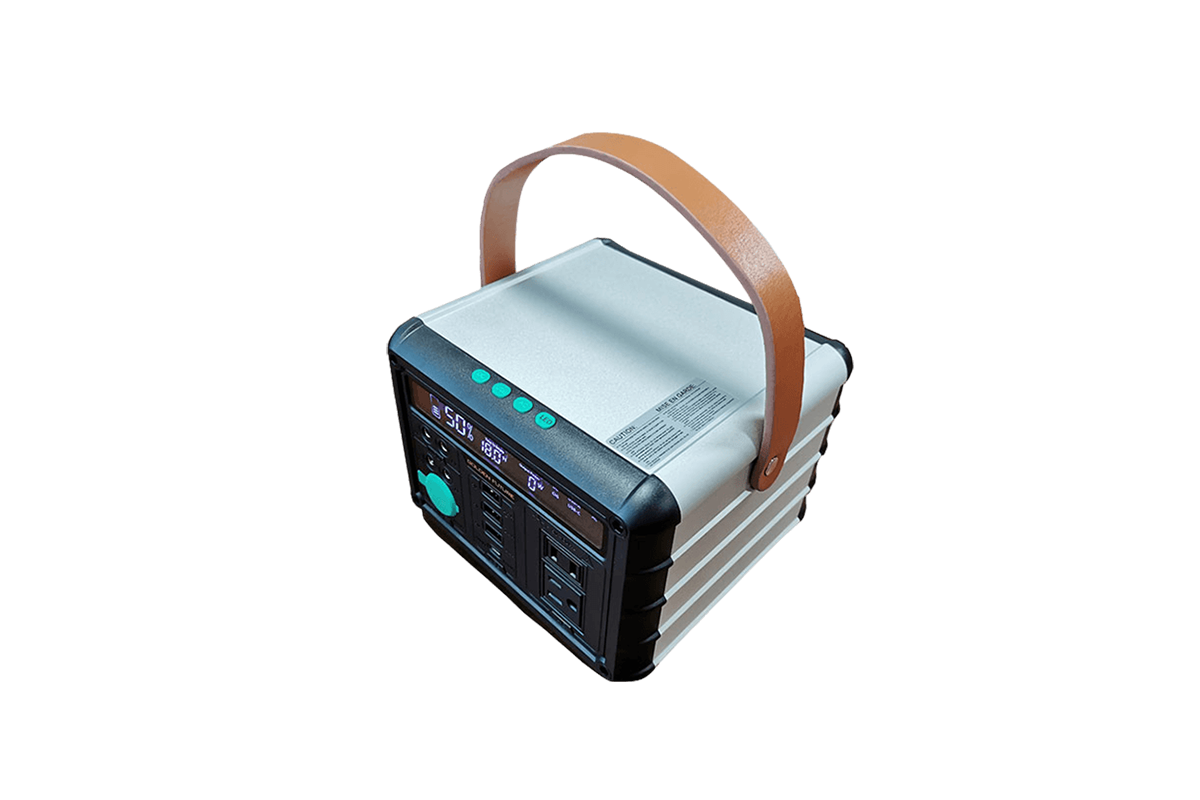

Time:2025-04-08 Views:1

Lithium polymer batteries, a subtype of lithium - ion batteries, have gained significant traction across various industries, from consumer electronics to electric vehicles. Understanding their advantages and disadvantages is crucial for both manufacturers and end - users.
One of the most prominent advantages of lithium polymer batteries lies in their high energy density. Compared to many other battery types, they can store a large amount of energy in a relatively small and lightweight package. For example, nickel - cadmium (NiCd) batteries have a much lower energy density, making lithium polymer batteries an ideal choice for applications where weight and size are critical, such as smartphones, tablets, and drones. In smartphones, this allows for longer battery life without adding excessive bulk to the device.
Moreover, lithium polymer batteries offer enhanced safety features. Unlike some traditional lithium - ion batteries that use liquid electrolytes, lithium polymer batteries employ a solid or gel - polymer electrolyte. This reduces the risk of leakage, which can lead to short - circuits and potentially dangerous situations. In the event of overheating, lithium polymer batteries are less likely to explode; instead, they may only swell, posing a significantly lower risk to users.
These batteries also exhibit excellent flexibility in design. Their use of polymer electrolytes enables them to be manufactured in various shapes and sizes, including ultra - thin forms. This makes them highly suitable for devices with unique design requirements, such as wearable electronics, where a slim and lightweight battery is essential.
However, lithium polymer batteries are not without their drawbacks. One of the main disadvantages is their relatively high cost. The manufacturing process of lithium polymer batteries, especially those with advanced features, involves complex techniques and high - quality materials, driving up the production cost. As a result, products powered by lithium polymer batteries often come with a higher price tag, which may limit their adoption in cost - sensitive markets.
Another issue is their limited cycle life. Although they can generally withstand a significant number of charge - discharge cycles, they may degrade more rapidly than some other battery chemistries under certain conditions. For instance, if frequently charged and discharged at high currents or exposed to extreme temperatures, the capacity of lithium polymer batteries may decline more quickly, reducing their overall lifespan. Additionally, once damaged, lithium polymer batteries are often difficult to repair and are likely to be discarded, contributing to environmental waste.
Read recommendations:
portable rechargeable power station Factory